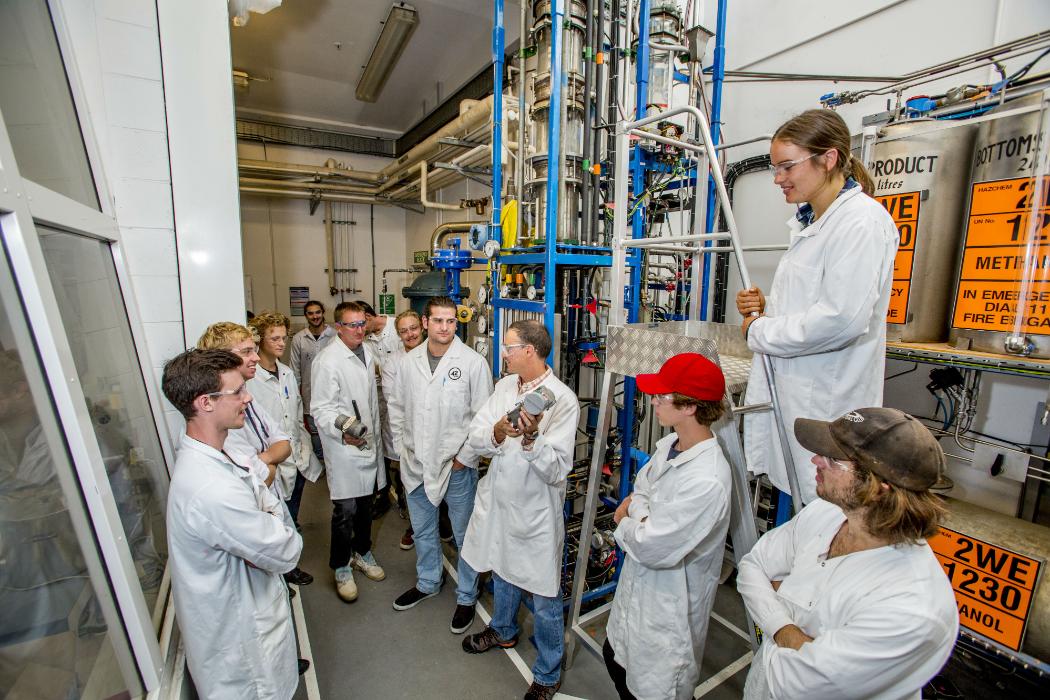Bioprocess Engineering
Introduction
Bioprocess Engineering uses biology to create sustainable and effective manufacturing processes, and for the design of products like foods, vaccines, and cleaning products.
This is the perfect option if you have an interest in biochemistry, microbiology, or molecular biology, and want to add a biological focus to your engineering degree.










